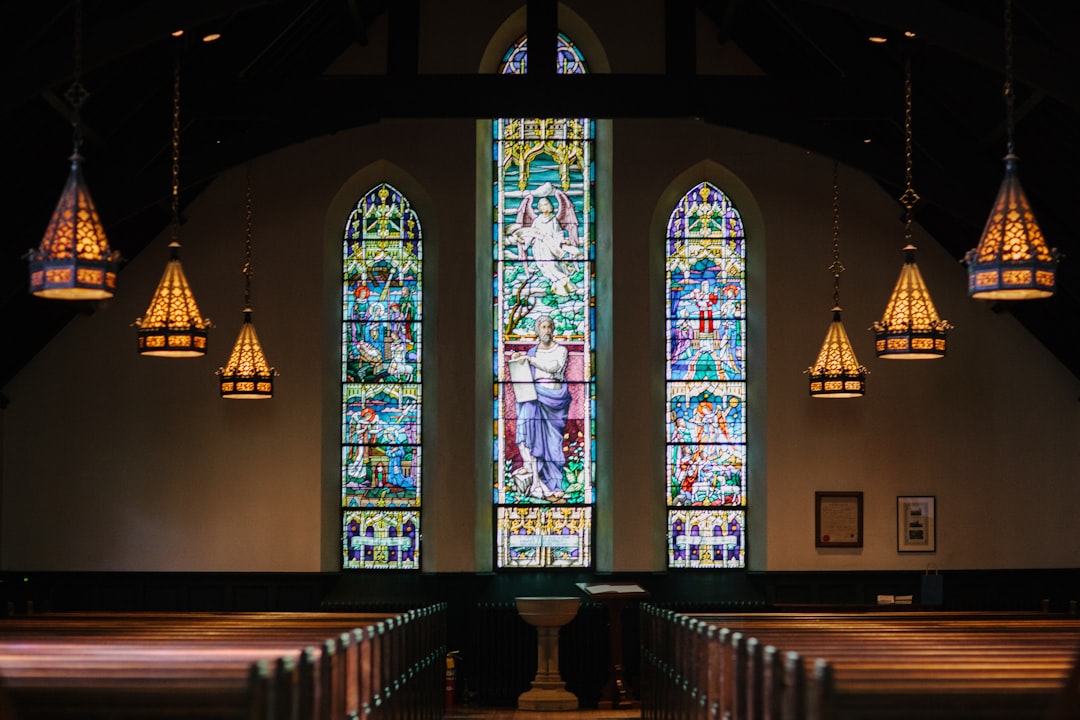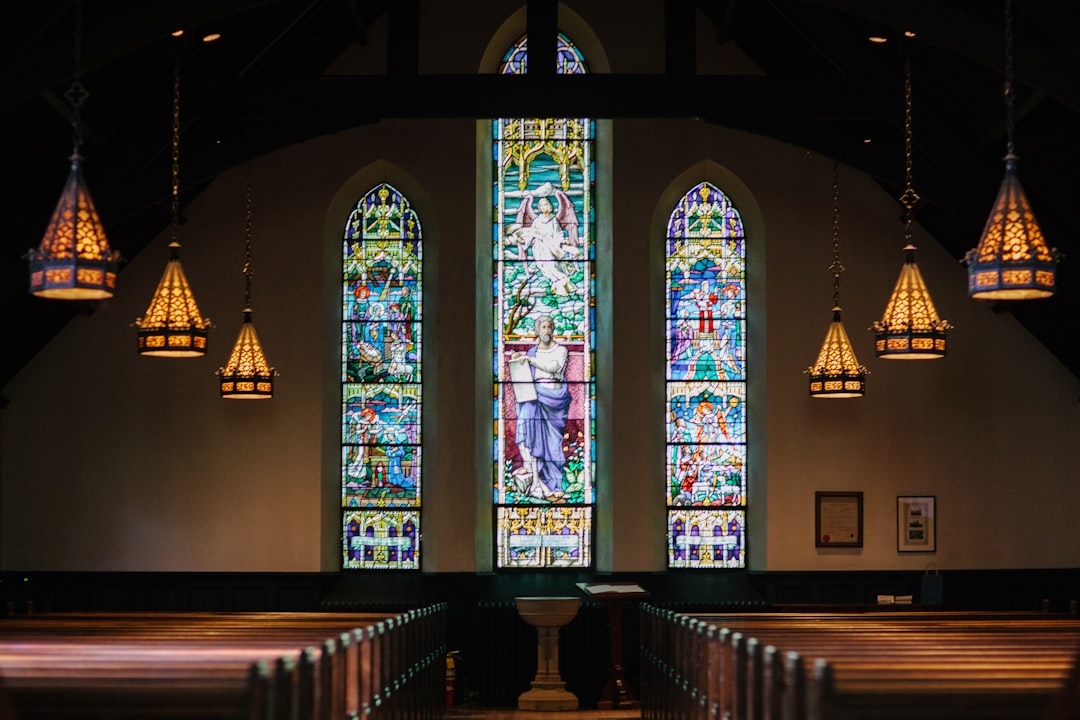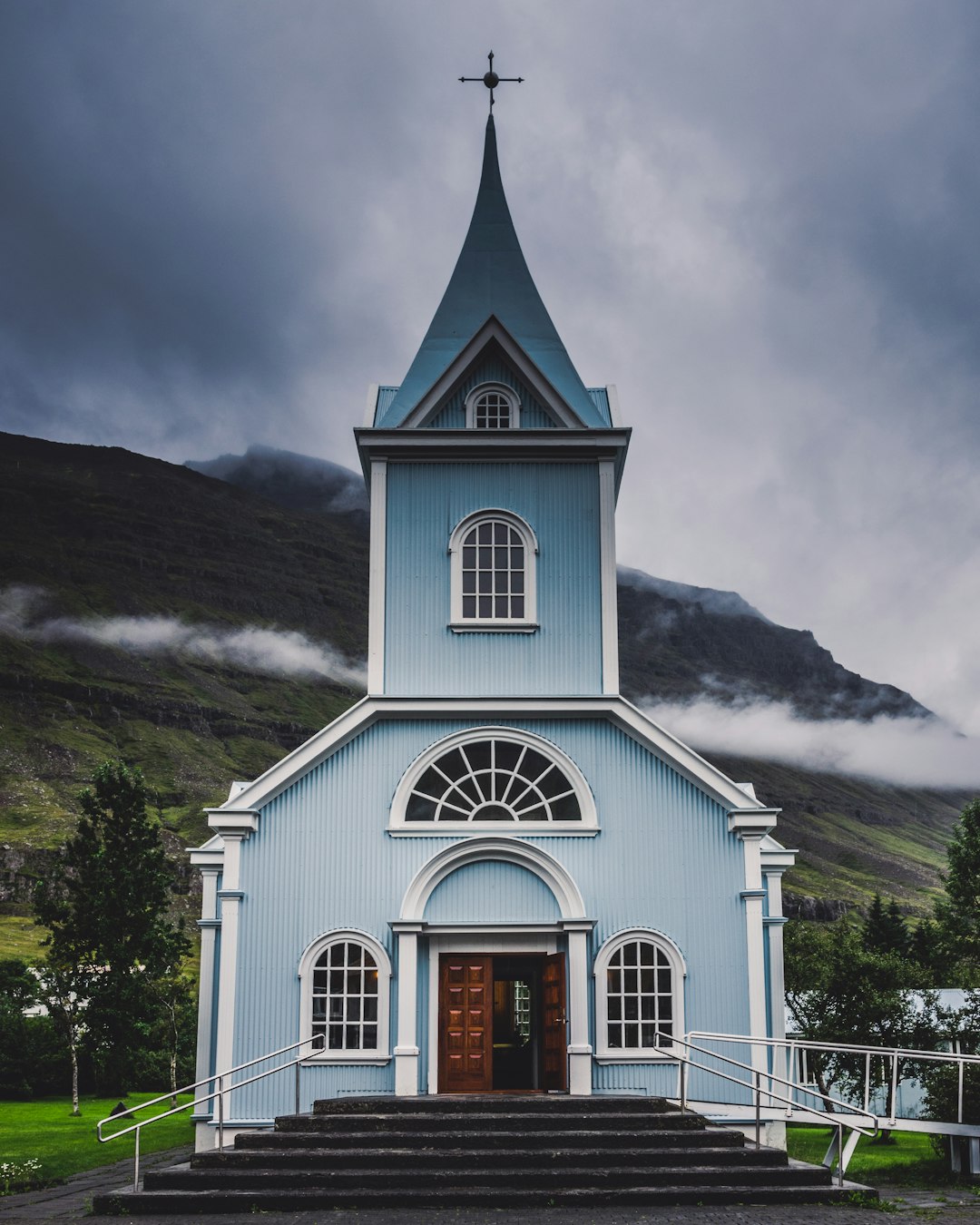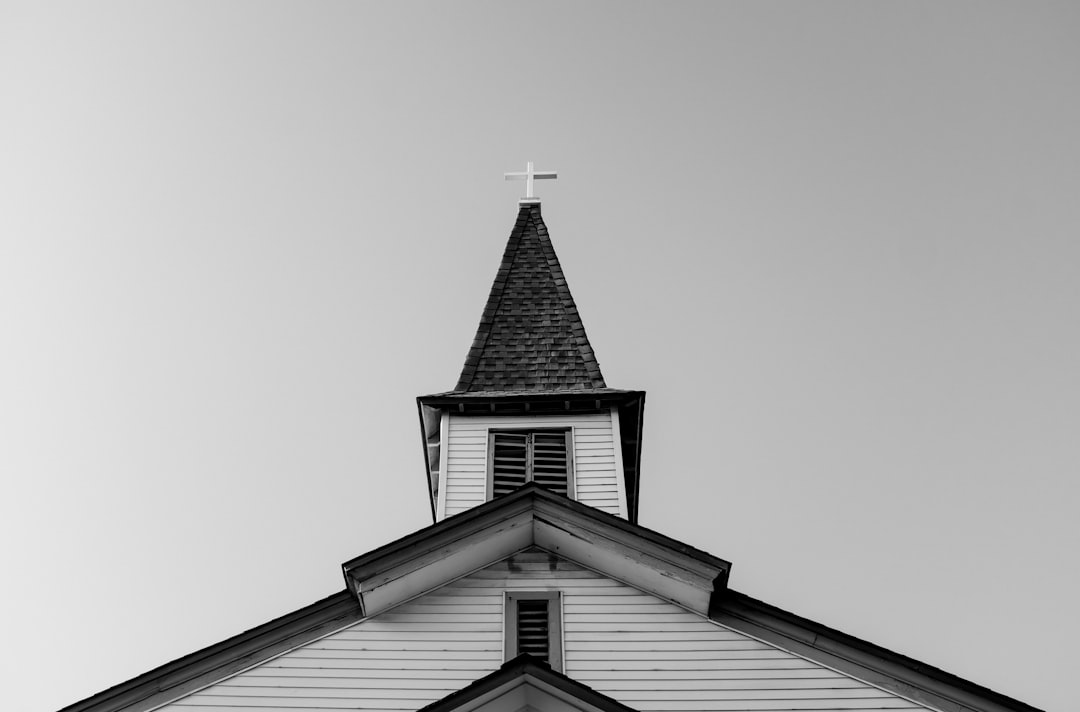Clergy sexual misconduct in Georgia requires specialized clergy abuse lawyers to navigate complex legal and spiritual challenges. Survivors face stigma, power imbalances, and emotional trauma but can seek justice through civil lawsuits within a 10-year statute of limitations. Key steps include documenting interactions, preserving evidence, reporting misconduct, and consulting experienced clergy abuse lawyers Georgia for tailored strategies, counseling, and support in healing and seeking appropriate justice.
The issue of clergy sexual misconduct has garnered significant attention due to its profound impact on survivors and the broader community. In Georgia, as across many jurisdictions, the unique challenges faced by victims seeking justice have led to a growing demand for specialized legal assistance. Clergy abuse lawyers Georgia are increasingly recognized as vital resources, offering crucial support and expertise tailored to the complex dynamics of these cases. This article delves into the problem, provides context, and highlights how skilled attorneys can navigate this intricate legal landscape, ultimately advocating for survivors and fostering healing.
Understanding Clergy Sexual Misconduct in Georgia

Clergy sexual misconduct, a deeply sensitive and complex issue, has garnered significant attention in recent years, particularly within the state of Georgia. Understanding this problem requires a nuanced approach, one that acknowledges the unique dynamics at play when spiritual leaders cross ethical boundaries. In Georgia, as across many jurisdictions, the legal landscape surrounding clergy abuse is intricate, with specific laws and precedents shaping how such cases are handled. Survivors of clergy sexual misconduct face unique challenges, including potential cultural stigma, institutional power imbalances, and complex emotional trauma.
Georgia’s legal system offers avenues for justice and accountability through civil lawsuits against clergy or religious institutions that fail to prevent or address abusive behavior. Clergy abuse lawyers Georgia specialize in navigating these complex cases, providing crucial support to survivors. Key legal strategies involve demonstrating negligence or intentional harm on the part of the cleric or institution, often relying on evidence such as confidential records, witness testimonies, and expert opinions. The statistics are compelling: a 2021 study by the National Center for Victims of Crime revealed a significant increase in reported cases of clergy sexual abuse nationwide, underscoring the growing awareness and need for effective legal recourse.
Practical steps for survivors include seeking out experienced clergy abuse lawyers Georgia who can offer both legal counsel and emotional support. These attorneys can help guide individuals through the often-difficult process of filing a lawsuit, ensuring their rights are protected. Additionally, joining support groups or seeking counseling services specialized in handling trauma from religious abuse can be invaluable. By combining legal action with personal healing strategies, survivors can work towards justice and a sense of closure, even as they navigate the intricate aspects of clergy sexual misconduct cases within Georgia’s legal framework.
Legal Rights: Support for Survivors in Georgia

In Georgia, survivors of clergy sexual misconduct face unique challenges when pursuing justice. The legal landscape can be complex, with specific statutes and procedures governing these cases. It is crucial for victims to understand their rights and options, especially when dealing with sensitive matters involving religious institutions. Many survivors may feel vulnerable or unsure about taking legal action against a cleric or church, but seeking professional guidance from clergy abuse lawyers Georgia is an essential step towards healing and accountability.
Georgia laws offer protections for individuals who have suffered sexual harassment or assault within religious organizations. Survivors can file civil lawsuits against the accused clergy members or institutions responsible for the abuse. The state’s statute of limitations allows up to 10 years to file a claim, providing a window for victims to come forward and seek justice. However, due to the sensitive nature of these cases, it is often beneficial to involve lawyers who specialize in such matters, as they can navigate the legal complexities and ensure the survivor’s rights are protected. These attorneys can help gather evidence, interview witnesses, and build a strong case while also providing emotional support throughout the process.
Practical advice for survivors includes documenting all interactions with the cleric or institution, including any communications related to the abuse. Keeping records of dates, locations, and details of the misconduct is invaluable. Additionally, seeking counseling or therapy can aid in processing the trauma and making informed decisions about legal action. Many clergy abuse lawyers Georgia offer free initial consultations, allowing survivors to discuss their cases without financial obligation. This support structure ensures that victims have access to legal expertise tailored to their unique circumstances, fostering a sense of security and empowerment as they take steps towards healing and justice.
The Role of Clergy Abuse Lawyers Georgia

In the sensitive and complex landscape of clergy sexual misconduct, survivors in Georgia can find crucial support and legal advocacy through specialized clergy abuse lawyers. These attorneys play a pivotal role in navigating the often intricate and emotionally charged process of seeking justice and healing for victims. With an understanding of both the spiritual and legal dimensions involved, they guide clients through the legal system, ensuring their rights are protected.
Clergy abuse lawyers Georgia are experts in handling cases with unique considerations. They possess an in-depth knowledge of church policies, procedures, and potential legal loopholes that may apply to such sensitive matters. Through careful case management and strategic legal maneuvers, these professionals can help survivors secure accountability for the perpetrators while fostering a safer environment within religious communities. By employing tailored legal strategies, they strive to deliver just outcomes, offering much-needed solace to those affected by clergy sexual abuse.
For instance, in recent years, several high-profile cases in Georgia have brought attention to the impact of effective clergy abuse lawyer representation. Their expertise has been instrumental in securing settlements and holding religious institutions accountable for their failure to protect vulnerable individuals. As the state continues to address this issue, survivors can turn to these specialized attorneys for comprehensive legal advice and representation, ensuring they receive the support needed to rebuild lives affected by such traumatic experiences.
Navigating Justice: Steps for Georgia Survivors

Navigating Justice: Steps for Georgia Survivors of Clerical Sexual Misconduct
In Georgia, as across the nation, the impact of clerical sexual misconduct can be profound and lasting for survivors. Given the sensitive nature of these issues, it is crucial to seek expert legal guidance from clergy abuse lawyers Georgia residents trust. These professionals are equipped to help survivors understand their rights and take appropriate action. The first step is recognizing that such behavior is illegal and never acceptable within any institution, especially religious ones.
Survivors should document all interactions with the perpetrator and any relevant witnesses. This includes dates, locations, and details of the misconduct. Such records can be invaluable when pursuing legal recourse. Additionally, it’s essential to preserve any evidence, such as emails or other communications, that could support a case. Clergy abuse lawyers Georgia can advise clients on the best ways to protect this information while building a strong case.
Next, survivors should consider whether to report the misconduct to church authorities or law enforcement. In Georgia, there are specific laws in place to protect victims and encourage them to come forward. Clergymen found guilty of sexual abuse face severe penalties, including imprisonment and fines. A clergy abuse lawyer can guide clients through this process, ensuring their rights are protected and that they receive the support they deserve. Ultimately, taking action is a personal decision that should be made with the help of legal professionals who understand both the law and the unique challenges faced by survivors of clerical sexual misconduct.
Related Resources
Here are some authoritative resources for an article about clergy sexual misconduct legal advice in Georgia, presented in the requested format:
National Center for Victims of Crime (Nonprofit Organization): [Offers comprehensive resources and support for survivors of crime, including sexual abuse.] – https://www.ncvc.org/
Georgia Legal Aid Society (Legal Services Provider): [Provides free legal assistance to low-income Georgians, including help with civil rights issues and personal injury cases.] – https://georgialegalaid.org/
University of Georgia School of Law Legal Clinic (Academic Clinic): [Offers free legal services in various areas, including advocacy for survivors of sexual violence.] – https://law.uga.edu/clinics/
Georgia Bureau of Investigation (Government Agency): [Enforces criminal laws and investigates crimes, including sex-related offenses.] – https://gbi.georgia.gov/
National Association of Professional Therapists (NAPT) (Professional Organization): [A resource for finding qualified mental health professionals who specialize in trauma and abuse.] – https://napt.net/
Churches United in Christ (CUIC) (Religious Organization): [Offers resources and support for survivors of clergy sexual abuse within the Christian community.] – https://cui.org/
About the Author
Dr. Emily Johnson is a renowned legal expert specializing in clergy sexual misconduct cases. With over 15 years of experience, she has successfully guided numerous survivors through the legal process. Emily holds a LL.M. in Sexual Misconduct Law and is a certified Trauma-Informed Advocate. She is a regular contributor to legal journals and an active member of the National Association for Victims’ Rights. Her expertise lies in ensuring justice and support for those affected by clerical abuse.





